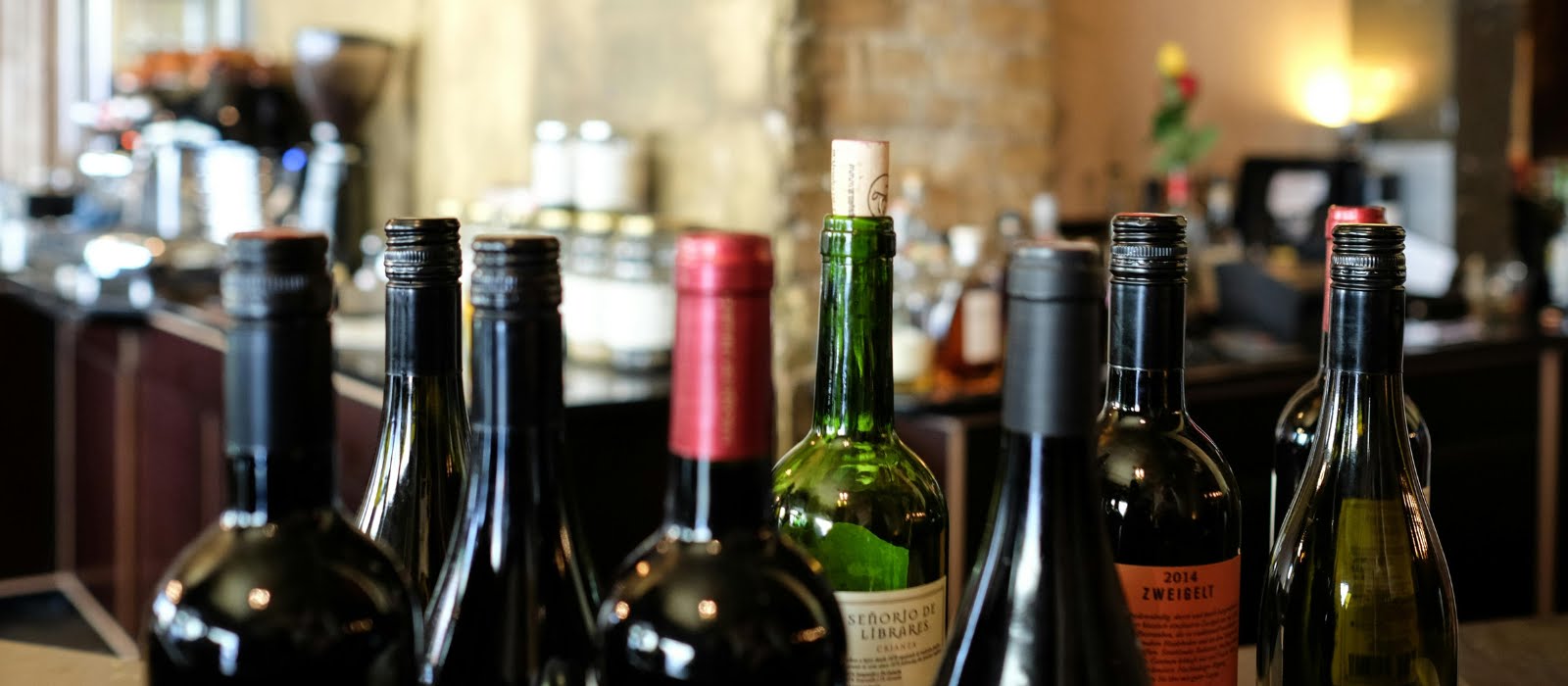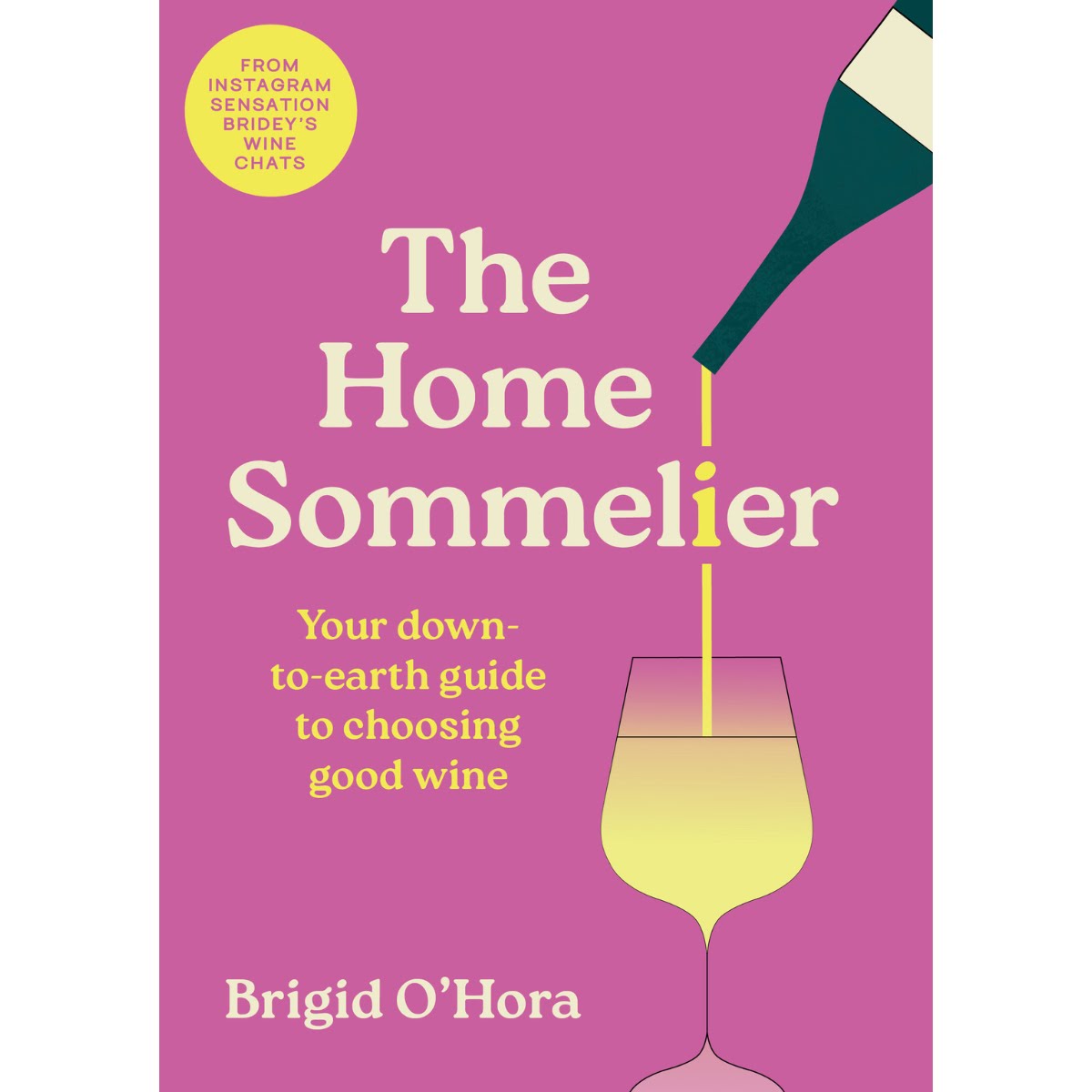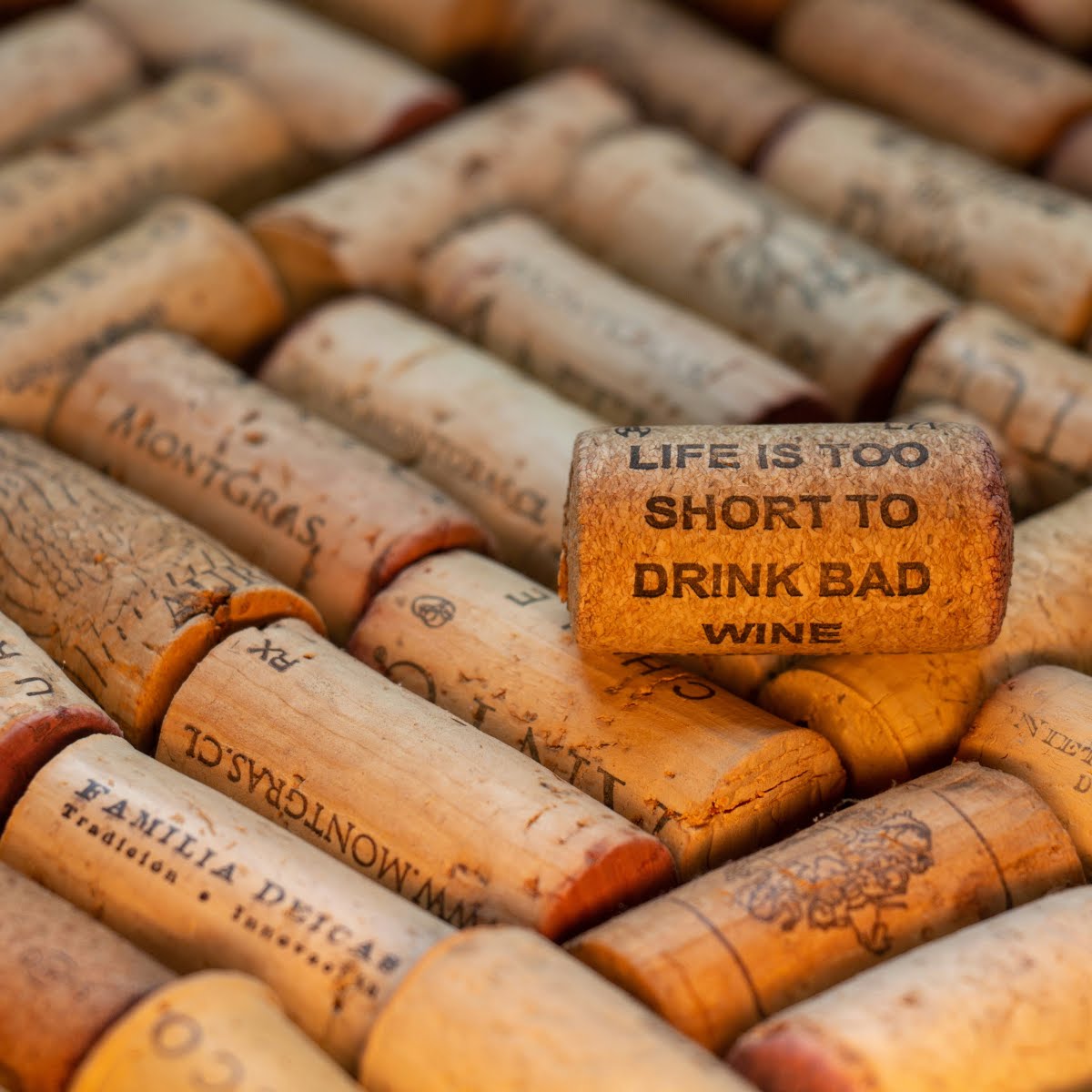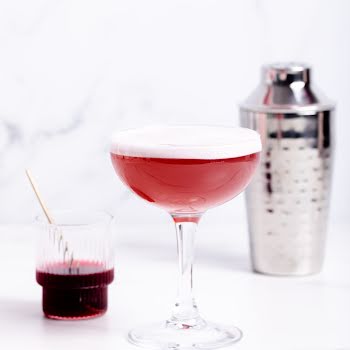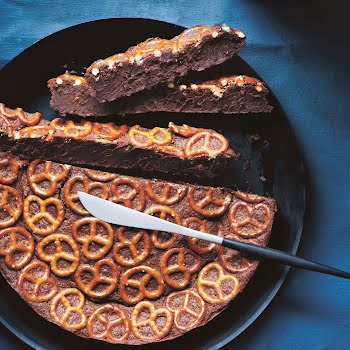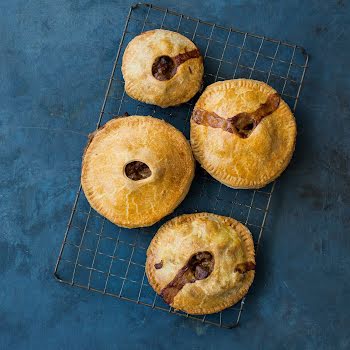Unsplash
Tips for becoming an at-home wine expert from a true connoisseur
Brigid O’Hora’s down to earth wine guide—The Home Sommelier—has hit the shelves, and to mark the occasion we’re getting the lowdown on all things vino.
Having spent over twenty years working in the wine industry, Brigid O’Hora’s work as a sommelier has taken her across the world, to locations in Paris, Sydney, Boston and Dublin. Perhaps more commonly known by her Instagram handle—Bridey’s Wine Chats—Brigid has spent the last few years building up quite the online following through sharing her fuss-free, expert tips on tastings and pairings.
Now, she’s put pen to paper and has created an essential guide to making good wine choices, without breaking the bank. Filled with down-to-earth, entertaining knowledge and advice to help you choose the perfect wine to fit every occasion, The Home Sommelier uncorks the secrets to getting the very best from your wine experience.
We sat down with Brigid to chat about her beginnings in the industry, what you can expect from the title, and garner some expert insights on how we should be tasting our wines when out to dinner in a nice restaurant.
Where did your interest in wine stem from?
My interest in wine began when I started working in restaurants after college. I finished my Arts degree and post grad in Communications and wasn’t ready to enter full-time work, so I began working in restaurants. I fell in love with the industry and this is really when my interest in wine began. After each service, we would sit down and taste the wines that were left over. It was a brilliant opportunity to taste so many different wines.
How did you carve out your space within the wine industry?
I worked for various wine entities for a long time. But I guess it was during Covid when I set up my Instagram page based on wine that really carved out my space within the industry. I did weekly lives tasting wines from supermarkets, and taught people how to taste correctly, talking about food pairings also. From this, the page grew quite quickly. As the page grew in numbers, the opportunities came through. I will always be so grateful for a platform like Instagram to give you a space in the market.
Tell us about The Home Sommelier?
This is a wine guide that is written for those who love wine, and want to learn a little more. The book is very much based on the pillars of wine i.e. grapes, flavours, styles, and it is all written in conversational English. I’ve tried to make the book as relatable as possible using every day food pairing examples and every day wine examples. There is also a chapter that teaches you how to taste wine, how to understand your palate, and where you should taste certain tastes. This is a skill that will last too long into the future.
What is your hope for The Home Sommelier? What do you want it to instil in the reader?
My hope for this wine guide is to create a community where people feel free to comment or to share whatever they feel about the wine. My main wish is to take away the traditional stuffiness of wine, and add every day warmth and chitchat to the world of wine. I want people to feel more informed in the wine aisles, and to taste and reflect on the wine to help them decide for themselves if the wine is good or bad.
This wine guide is all about arming the reader with helpful tips and guidance of how to navigate the copious array of wines on our shelves today. Finally, I hope people will enjoy the read of the book and feel a sense of accomplishment when finished.
Can you give us some examples of the pairing suggestions we can find in The Home Sommelier?
I have found many other wine guides, or indeed wine websites that offer Food And Wine pairings, they’re often directed at foods that might be for special occasions. I wanted to use food pairings that we eat on a daily basis. Some of the examples I have used are spaghetti Bolognese, grilled cheese on toast, a fry, a bag of Tayto cheese and onion. You know those foods that we have from week to week.
Is there a certain way we should be tasting wine when at a restaurant?
This is a great question. When we are offered a taste of wine at a restaurant, it is only to establish if the wine is good quality or not. It is a transaction of quality guarantee between you and the waiter. You are just checking to see if the wine is corked. A corked wine will have a very strong smell of rotten wood. Very often you see people who will just smell the wine, however, I like to taste it also. This gives you a very clear idea of the quality of the wine.
This may be like asking you to choose a favourite child, but do you have a preferred wine variety?
Like so many wine nerds, my favourite wine variety is German Riesling. I will always remember the first time I tried a serious quality Riesling during my wine studies. The layers of varying flavours blew my mind. They have to be tasted to be believed. My other favourite wine variety is a good quality Pinot Noir. Again I love German Pinot Noir. These offer far better bang for your buck than French Pinot Noir. My third favourite child would be a Crémant. These are sparkling wines made throughout France except for the Champagne region. They come in many different styles and flavours and are such beautiful food wines.
What are your thoughts on supermarket wine, and celebrity-endorsed wines?
In terms of supermarket wines I think the market has changed so much. As I mentioned before when I was conducting Instagram lives during lockdown. I only used supermarket wines because I knew this was the most accessible option for people. And there were many fantastic wines that we tasted. However, I do realise that it is difficult for the novice wine drinker to choose these hidden gems.
Supermarkets, albeit have some great wines, it is difficult to find these amongst the rows and rows of shelves of poor wines. It can be a bit of a lucky dip sometimes. So I hope that this wine guide can help solve these often fruitless escapades of choosing better Wines. With regards to celebrity endorsed wines, I have tasted quite a number of them. Naturally, the celebrity themselves helps to add to the marketing of the wine, however often these wines fall short of individuality and decent structure. It’s tricky to categorise them all, and certainly some celebrity wines are better than others. But overall, they wouldn’t be my first choice wines.
Does a price point necessarily reflect a good quality wine and enjoyable drinking experience?
My belief is the price should not reflect the enjoyability of the wine. If you are to spend €30 plus, you may not taste the nuances of the wine that command a price like this. Very often you can buy a bottle of wine from as low as €12-€15 and thoroughly enjoy the experience. I am a firm believer, if you like the wine, then this is a good wine. Unfortunately, there are no hard and fast rules that are attached to the price of the bottle. We are better buying with our hearts and our memory. If you have tasted a good wine in the past, try and make a note of it, and seek wines made by this producer, or more wines made in the same wine region.











